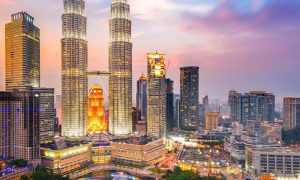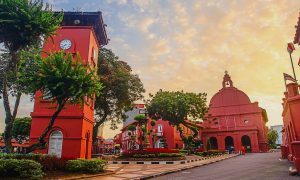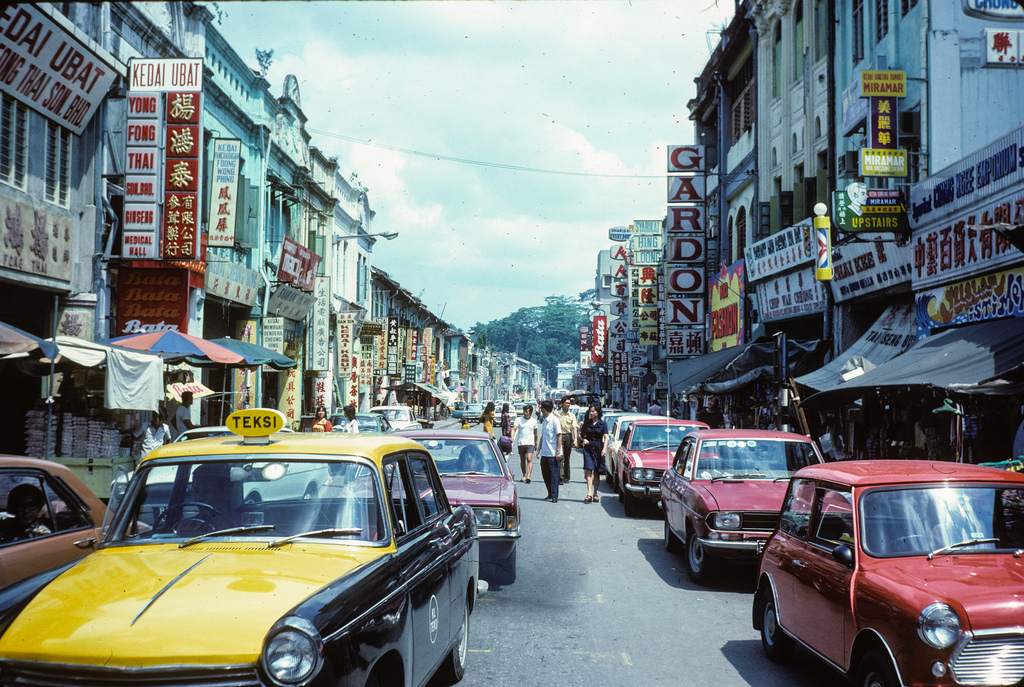
TEG’s publisher, Andy Davison, reflects on the lifestyle of expats in Malaysia and the evolution of that lifestyle over the last three decades.
Since I first came out to Asia in the early 1970s, there have been significant changes in the expat community. In those days, the majority of resident expats worked for large European, American, or Japanese multinationals on limited term assignments and often received a generous expat package which included accommodations, home leave, and even children’s education.
If the cost of buying items favoured by expats was expensive, then a cost of living allowance was added, and if daily life at the posting was thought to be challenging (as Malaysia once was considered), a hardship allowance was often thrown in as well. Over the years, however, three major changes have taken place:
Employers have reduced the benefits offered to expat staff
First, multinationals increasingly came to focus on the high cost of expats and slowly made changes to reduce the benefits they received. For example, first class travel entitlement was changed to business or economy class, allowances for hardship and housing were examined more closely and often reduced or eliminated. Some companies decided to give their expat employees a higher monthly salary, but then expected them to pay most of their own living costs.
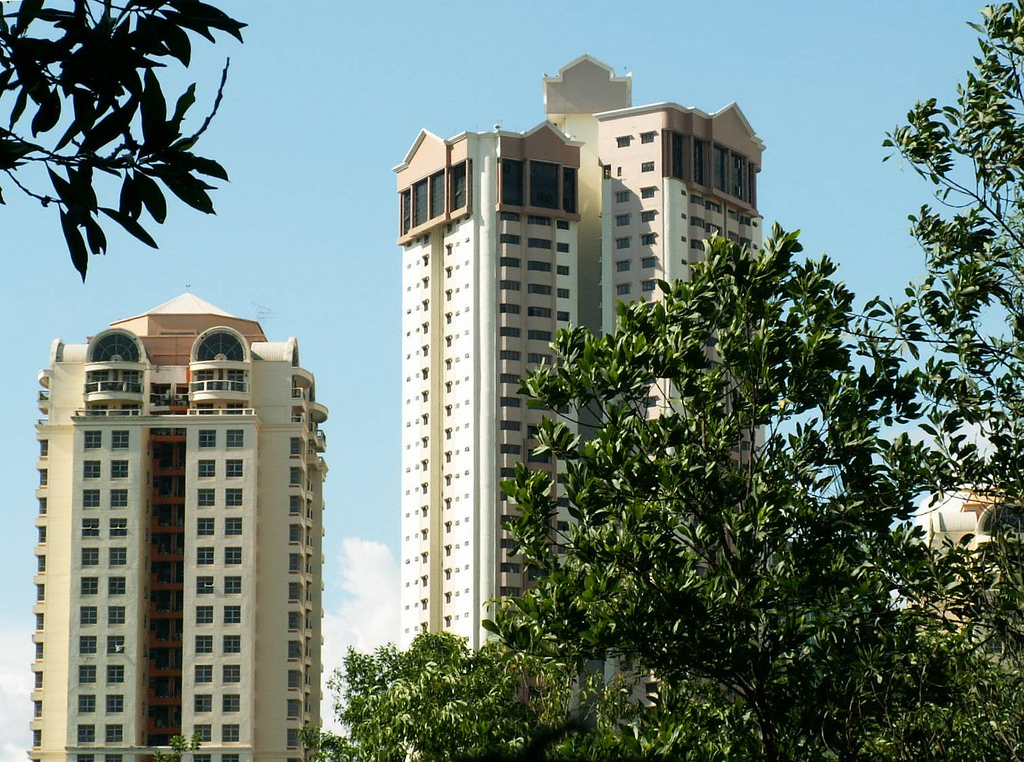
Not surprisingly, expats who once upon a time complained they could not find any suitable accommodations within the approved housing allowance suddenly decided they could live in much cheaper places if the savings went into their own pockets.
More Asians are becoming expats
The second big change was the growing recognition that there were plenty of well-educated Asian staff who could replace Western expats and do an equally good, if not better, job without expecting the same level of compensation. Consequently, there are more Asian expats these days; their numbers have been further boosted by the growing number of Asian multinationals.
Asia is attracting an increasing number of long-term expats
The third big change was the increasing number of expats who were came to live in Asia without being assigned here. As the Asian economies grew and word spread about the many opportunities in this part of the world, people decided they wanted to live in Asia and came out here looking for work. Many of those who found jobs, ended up taking employment on local terms without any kind of expat package.
This trend has also been helped by increased liberalisation of rules regarding work permits. This extended to rules governing foreigners owning companies, so there are now many more expats owning their own businesses in Asia.
As Asian countries realised that many expats would like to retire out here, programmes were introduced to facilitate this. Malaysia, Thailand, and the Philippines are probably the three countries which have attracted the most expats to stay long term, through to retirement. Our own surveys reveal that over 25% of our subscribers have been in Malaysia over 10 years.
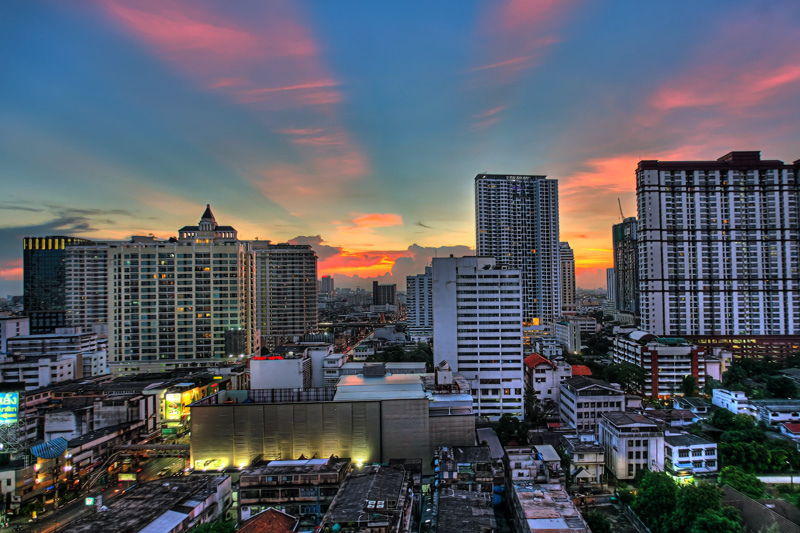
We also discovered that nearly half had purchased homes in Malaysia, which is almost certainly higher than in other countries in this region. The relatively liberal rules regarding foreign ownership of property, coupled with the reasonable prices have been a factor, although both these aspects are less beneficial now than just a few years ago.
Expats have become unofficial ambassadors
Of course, the longer expats stay in a country, the more they become aware of local social and political issues but these are areas where they are not usually permitted to become actively involved. However, when it comes to communicating with the rest of the world, expats can have a loud voice.
Most have a large network of friends and business contacts outside their country of residence, so they can become a powerful channel for sharing insights about the country and in this way can become unofficial ambassadors for countries seeking to attract more foreign investment and tourists. Indeed, we have had many occasions when foreign media have asked us to help them find expats who are willing to share their experiences about living here in Malaysia.
However long you decide to stay here, make sure you have fun here and discover more about Malaysia – and thank you for letting The Expat magazine help you do just that.
This article was originally published in the January 2016 issue of The Expat magazine. It is available for free with a print subscription. There is also a digital subscription available for tablet and mobile devices.
"ExpatGo welcomes and encourages comments, input, and divergent opinions. However, we kindly request that you use suitable language in your comments, and refrain from any sort of personal attack, hate speech, or disparaging rhetoric. Comments not in line with this are subject to removal from the site. "






